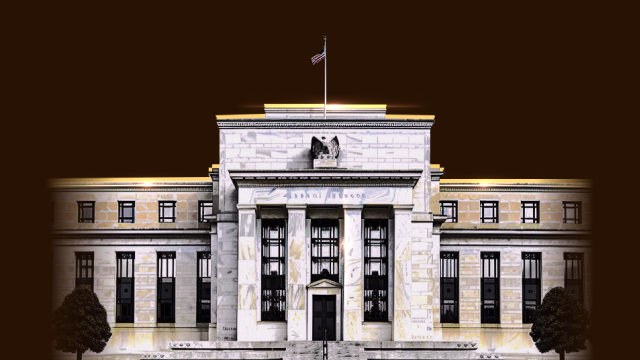Monthly Dividend ETFs
- 1059.313
- +2.262+0.21%
- 5D
- Daily
- Weekly
- Monthly
- 1Q
- 1Y
News
A JPMorgan survey indicates that the S&P 500 Index has peaked this year, but investors remain bullish on the Magnificent 7.
① A JPMorgan survey shows that 93% of investors believe the S&P 500 Index will hover around 6000 points or lower in the next 12 months, with 40% expecting it to remain within the 5000-5500 points Range; ② Respondents unanimously believe that trade wars and tariff uncertainties will trigger economic consequences, with 61% expecting the USA economy to face stagflation in the next 12 months.
The sell-off is not over yet! USA Assets are still being "disdained" by overseas investors…
① According to data provided by Deutsche Bank, despite the market recovering over the past week, foreign investors' willingness to invest in USA assets continues to decline; ② Deutsche Bank's Forex research director George Saravelos believes that the recent data on USA capital flows is concerning.
U.S. Treasury Secretary: Currently negotiating with 15-18 trade partners, the first agreement may be reached this week or next week.
① The US Secretary of the Treasury, Scott Bentsen, stated that the USA is negotiating customized agreements with 15 to 18 "important trade partners," with India possibly being the first to reach an agreement; ② Bentsen revealed that President Trump will be closely involved in the achievement of each customized trade agreement and also mentioned that negotiations with Japan and South Korea are progressing smoothly.
JPMorgan traders are becoming bullish on U.S. stocks, but believe that the upward trend will fade in a few weeks.
Andrew Tyler, the Global Markets Intelligence Head at JPMorgan, believes that with the easing of trade tensions, there is still room for the US stock market to rise and predicts that the upcoming Earnings Reports from tech giants this week are likely to drive the stock market higher. However, he warns that this rebound momentum may weaken in the coming weeks, and the negative impact of US tariffs will begin to drag down the economy in the coming months.
U.S. stocks closed mixed: the three major Indexes showed different trends as investors focused on Technology stock Earnings Reports.
① Most China Concept Stocks rose, with the Nasdaq China Golden Dragon Index up 0.68%; ② IBM announced a 150 billion dollar investment plan; ③ Sony Group is reportedly considering splitting its Semiconductors business; ④ NXP Semiconductors Q1 revenue was 2.84 billion dollars, higher than market expectations.
"Debt ceiling" causes trouble! The U.S. Treasury Department's borrowing expectations for Q2 increase threefold, excluding the impact, borrowing decreases instead of increasing.
The U.S. Treasury announced on Monday that the estimated net borrowing for the second quarter is 391 billion dollars higher than expected in February, due to Congress not yet raising the federal debt ceiling, and the initial cash reserves at the beginning of the second quarter being far lower than previously anticipated. The Treasury stated that if the cash balance at the beginning of the season is not taken into account, the estimated borrowing for the second quarter is actually 53 billion dollars lower than the forecast made in February. Some analysts believe this is because DOGE is indeed having an effect, improving the fiscal situation and reducing financing demand.


